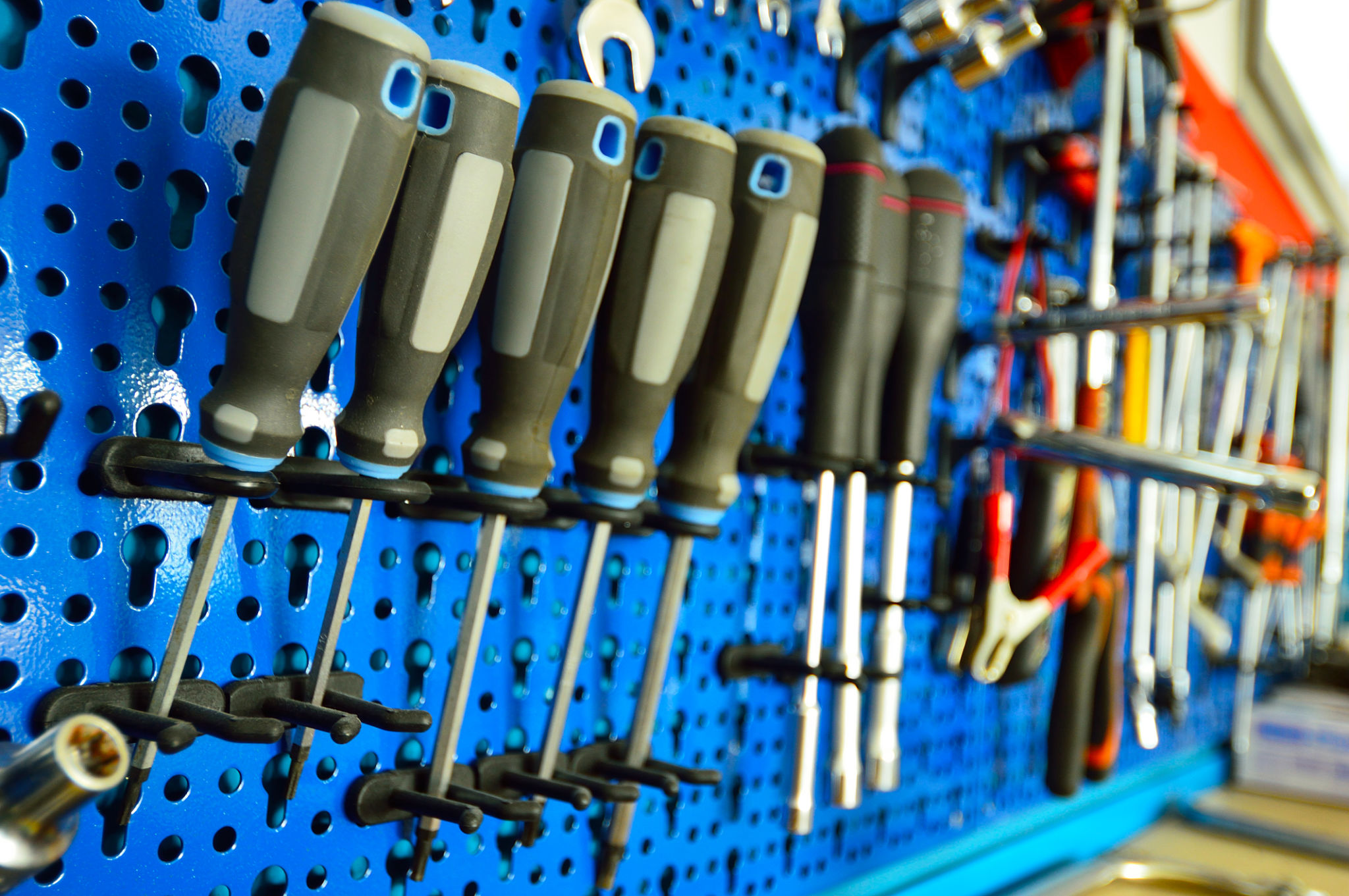DIY Car Maintenance: What You Can Do Yourself and When to Call a Mechanic
Understanding DIY Car Maintenance
Maintaining your car is essential for ensuring its longevity and performance. While some tasks require the expertise of a professional mechanic, there are several maintenance activities you can handle on your own. By understanding what you can do yourself and when it's time to call a mechanic, you can save time and money.

Basic DIY Tasks You Can Handle
Many car maintenance tasks are simple enough for anyone to perform with a little guidance. Here are some of the most common DIY tasks:
- Checking and replacing air filters: A clogged air filter can reduce your car’s efficiency. Fortunately, replacing it is a simple task that doesn't require any tools.
- Oil changes: Regular oil changes are crucial for your engine's health. You’ll need some basic tools and a little patience, but otherwise, this is a straightforward task.
- Changing windshield wipers: If your wipers are leaving streaks or making noise, they likely need to be replaced. This is a quick and easy fix.
Inspecting Fluid Levels
Ensuring your car's fluid levels are sufficient is another easy DIY task. You should regularly check:
- Engine oil: Check the dipstick to ensure the oil level is adequate and the oil is clean.
- Coolant: Inspect the coolant reservoir and ensure the fluid is at the proper level to prevent overheating.
- Brake fluid: A quick visual check of the brake fluid level ensures safe braking performance.

When to Call a Mechanic
While DIY maintenance can be satisfying, knowing when to call in a professional is essential for your safety and your vehicle's health. Here are some situations where you should seek a mechanic's expertise:
Complex Engine Repairs
If your car exhibits signs of engine trouble, such as unusual noises, stalling, or not starting at all, it's best to consult a mechanic. Engine repairs often require specialized tools and knowledge that professionals possess.

Transmission Issues
The transmission is one of the most complex parts of your car, and problems can manifest as difficulty shifting gears or strange noises. These issues require a mechanic's skill to diagnose and repair correctly.
Brake System Problems
Your brakes are crucial for safety, so any sign of trouble, like squealing noises or a spongy brake pedal, should prompt you to visit a mechanic. They have the expertise to ensure your braking system functions correctly.
By taking care of basic maintenance tasks and recognizing when professional help is needed, you can keep your car in excellent condition without spending unnecessarily. Whether you're changing air filters or monitoring fluid levels, being proactive about car care pays off in the long run.